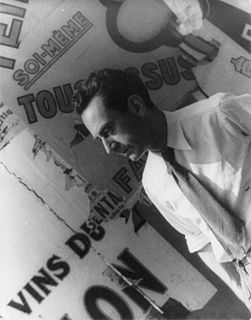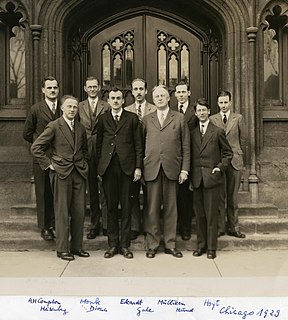A Quote by Yevgeny Zamyatin
All truths are erroneous. This is the very essence of the dialectical process: today's truths become errors tomorrow; there is no final number.
Related Quotes
All truths are erroneous. This is the very essence of the dialectical process: today's truths become errors tomorrow; there is no final number. This truth (the only one) is for the strong alone. Weak-nerved minds insist on a finite universe, a last number; they need, in Nietzsche's words, "the crutches of certainty". The weak-nerved lack the strength to include themselves in the dialectic syllogism.
So multifarious are the different classes of truths, and so multitudinous the truths in each class, that it may be undoubtingly affirmed that no man has yet lived who could so much as name all the different classes and subdivisions of truths, and far less anyone who was acquainted with all the truths belonging to any one class. What wonderful extent, what amazing variety, what collective magnificence! And if such be the number of truths pertaining to this tiny ball of earth, how must it be in the incomprehensible immensity!
There are several kinds of truths, and it is customary to place in the first order mathematical truths, which are, however, only truths of definition. These definitions rest upon simple, but abstract, suppositions, and all truths in this category are only constructed, but abstract, consequences of these definitions ... Physical truths, to the contrary, are in no way arbitrary, and do not depend on us.
There are different kinds of truths for different kinds of people. There are truths appropriate for children; truths that are appropriate for students; truths that are appropriate for educated adults; and truths that are appropriate for highly educated adults, and the notion that there should be one set of truths available to everyone is a modern democratic fallacy. It doesn't work.
There are great truths at the foundation of Freemasonry, truths which it is its mission to teach and which is constituting the very essence of, that sublime system which gives the venerable institution its peculiar identity as a science of morality, and it behooves every disciple diligently to ponder and inwardly digest.
But this same process of the old teaching the young can also cause errors and false conclusions to accumulate with the passage of time. One should therefore study ancient writings, not so much in the hope of finding lost wisdom as in the hope of locating the origin of errors that have been, and still are, accepted truths.
Jesus Christ doesn’t just give us truths; he is the truth. Jesus Christ is the prophet to end all prophets. He gives us hard-copy words from God, truths on which we can build our lives, truths we have to submit to, truths we have to obey, and truths we have to build our lives on, but he himself is the truth.





































